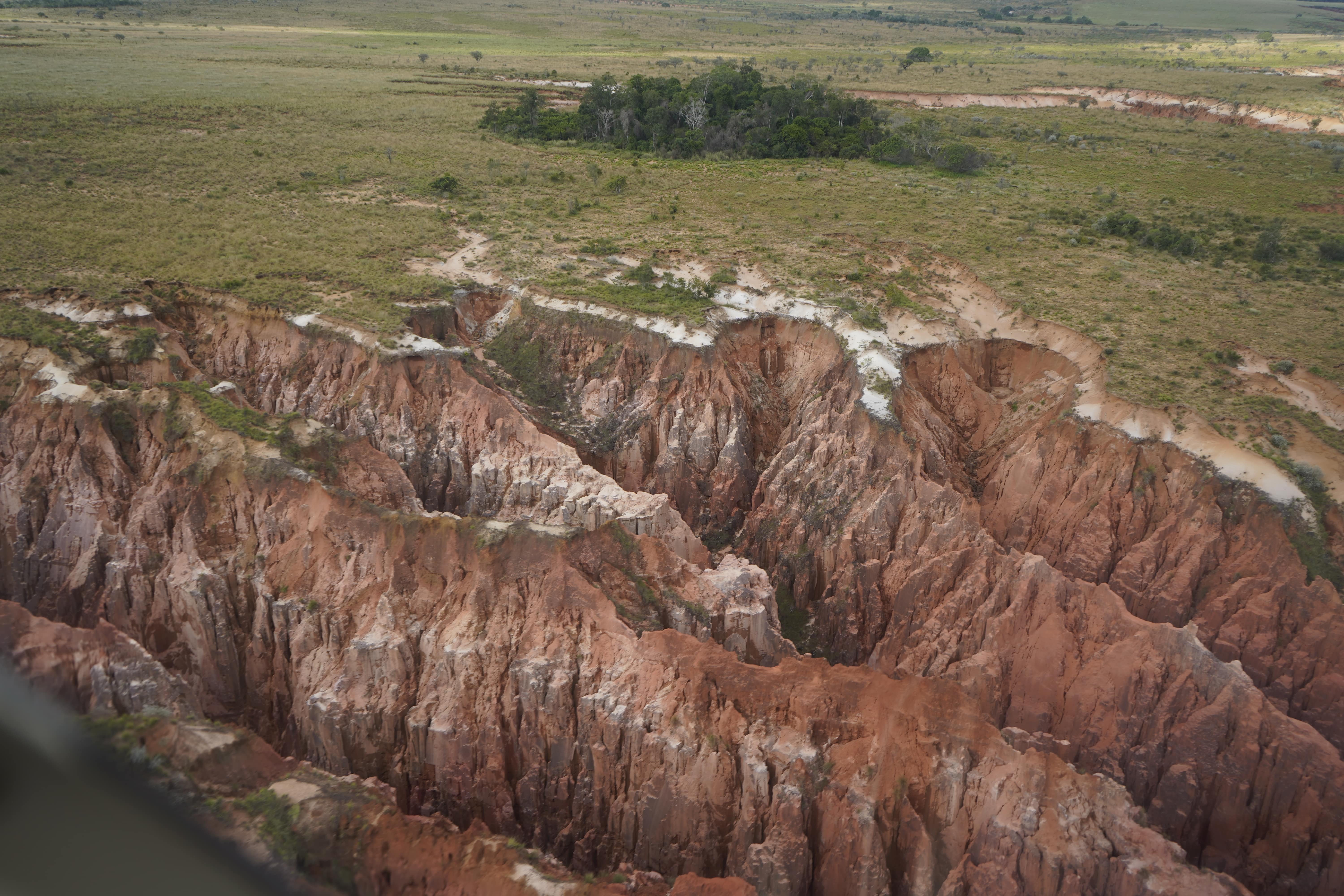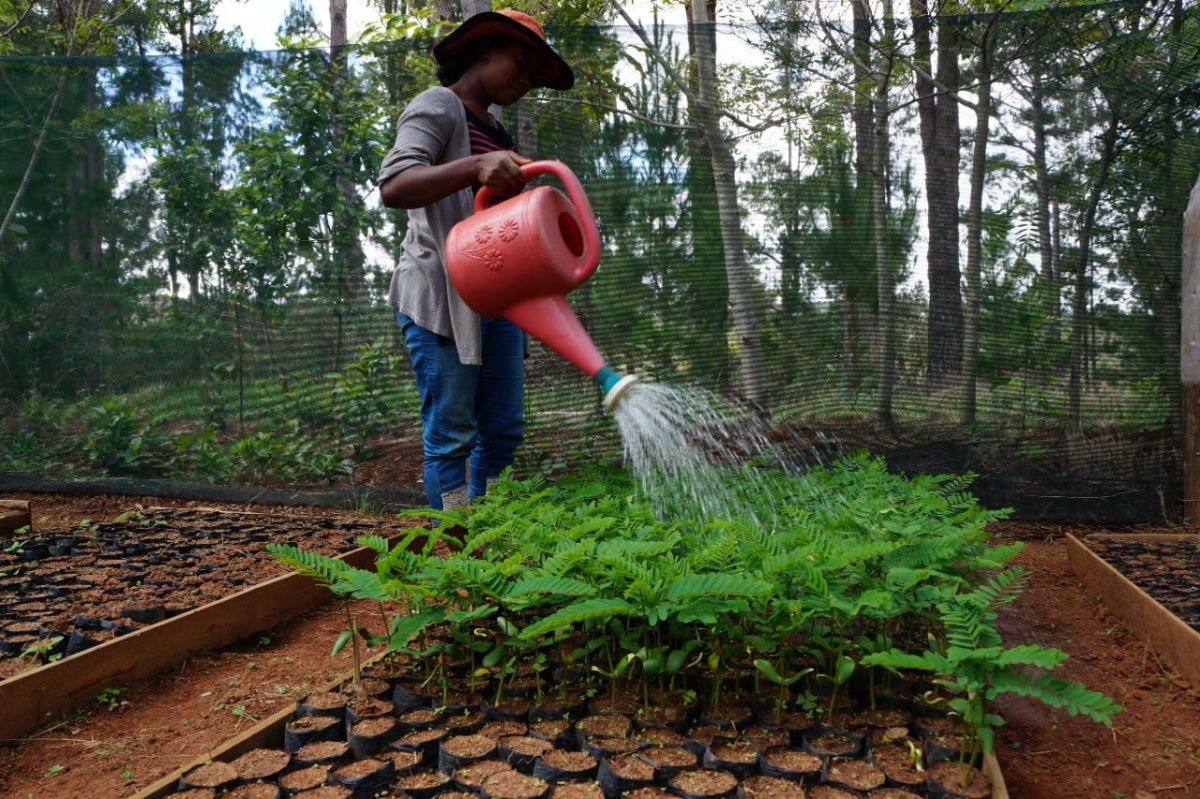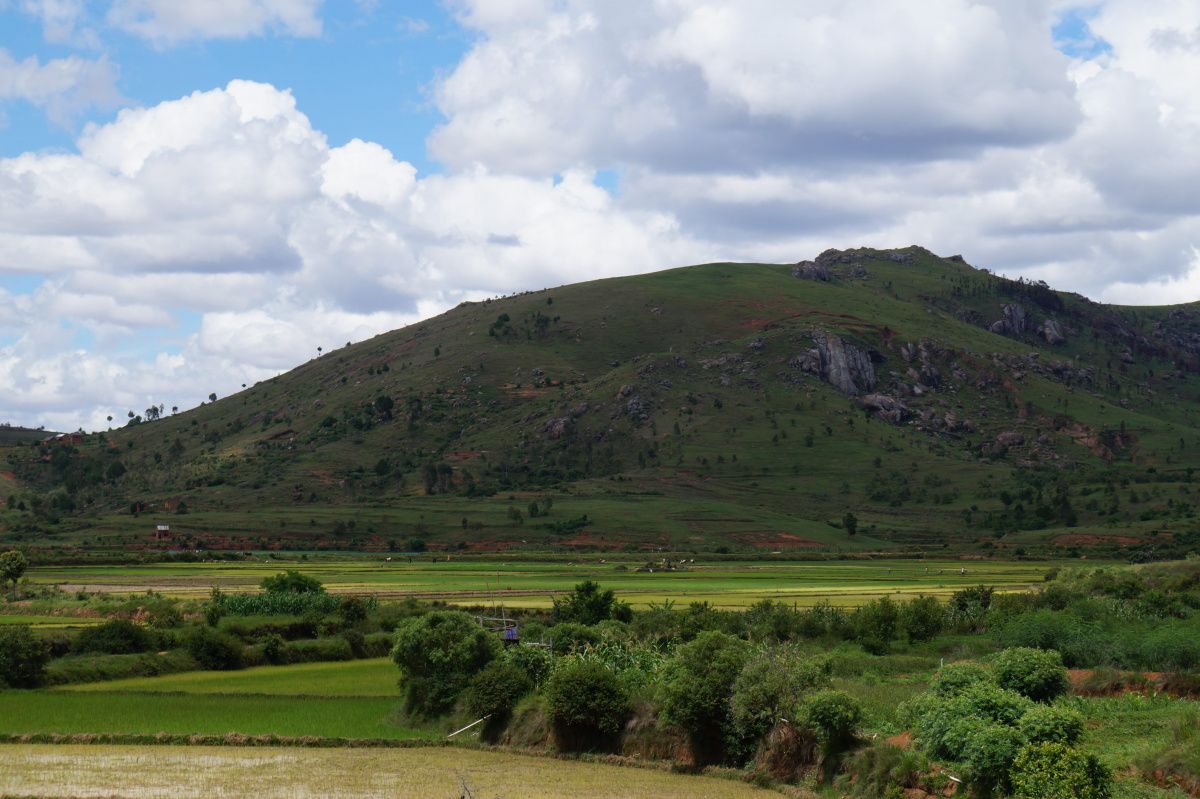
New strategies to tackle Madagascar’s environmental crisis
Madagascar is one of the worst-hit countries in terms of global warming. As a result, almost 6 million inhabitants are severely affected by famine.
While Madagascar’s food and agricultural systems bear the brunt of the consequences of climate change, traditional techniques such as slash-and-burn significantly contribute to natural resource depletion.
In an effort to improve the ecological and environmental situation, the island is turning to new approaches to sustainable agriculture. The Malagasy’s future now depends on environmental conservation, access to the natural resources necessary for human health and improving ecological practices.
In February 2022, 60,000 trees were planted in Analamanga as part of a project funded by Reforest’Action and managed in the field by Siel Bleu and 2400 sourires. To slow down and reverse the current trend caused by the loss of forests, the nonprofit group set up the forest school to focus on the socio-economic benefits of eco-friendly forestry and agricultural management, in line with the United Nations’ 15th Sustainable Development Goal.

Young Madagascans are driving change
A population study by the UNFPA (United Nations Population Fund) revealed that 64% of Madagascans are under 25. However, only 1 in 4 children are fortunate enough to go to school.
To tackle and reverse the destruction of these ecosystems, the forest school’s curriculum fills in the gaps in education with regards to agriculture and especially agroforestry. This impressive programme is designed to get the younger generation interested in and knowledgeable about sustainable changes. The programme centres on young farmers aged 25 and under, as well as schoolchildren, who generally already work alongside their parents outside of schooltime.
Planning permission for the school was granted in September 2022 and building work will take place over the next 6 months. Meanwhile, until the school's nursery is ready to train students, the structure is already working outside the walls. In the nursery used for reforestation, 15 people have already joined the training process for the 2021-2022 season and 20 new beneficiaries will participate in 2022-2023. At the same time, thanks to a mobile unit, daily awareness-raising activities are taking place in the field, in the communes and in schools.
Agroecology: a solution for food security
Where poor soil quality and poor populations go hand in hand, environmental protection methods and new economic models are necessary to meet needs.
The forest school is driving forward the necessary collective awareness. It aims to continuously reduce the impact of production on ecosystems and covers the entire process, from input production to downstream stages such as processing, marketing and consumption. The school offers a holistic approach to educating farmers about agroforestry models and provides a broadoverview of these new farming models, covering a range of topics such as beekeeping, composting and organic fertilisers. An understanding of complex ecosystems and the interactions between biotopes gives us sound knowledge and is key to making informed decisions.
The forest school therefore promotes 4 principles that strive to produce resources without causing damage:
- Preserve natural resources and local biodiversity through crop rotation and agroforestry;
- Limit negative externalities such as slash-and-burn and its direct impact on the spread of bushfires, or the water quality attributed to soil erosion;
- Draw on synergies and combine crops to secure revenue and increase agricultural production;
- Promote the human aspect and the benefits for public health with better air and water quality, and a wider range of food.

Taking action to develop territories in Analamanga
The forest’s return is also proof of the commitment to local economic growth in Madagascar’s Analamanga region. Not only has the forest school brought about a shift in agriculture, it will also generate 35 new jobs. Economic growth should then in turn boost the return of institutions and public services such as hospitals, which are severely lacking in the region.
Learn more about the forest school jointly founded by Siel Bleu and 2400 sourires in this video with one of its founders, Romain Lagache.